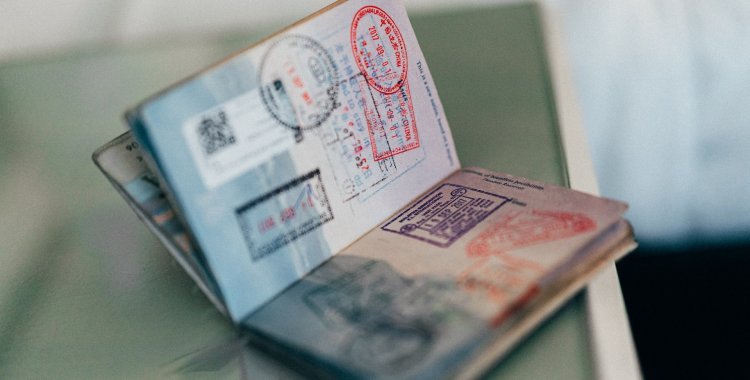According to the document, to which Lusa had access, "the CPLP residence visa and the CPLP residence permit may be granted to all nationals of either party, under the terms and conditions provided for in this instrument."
Whoever succeeds in achieving the residence permit will have "the same rights, freedoms and guarantees" as the nationals of the host state and "the enjoyment of equal treatment (...), particularly with regard to access to education, the labor market and health care, subject to the rights that the domestic law of the parties reserve to their nationals," the document adds.
The CPLP residence visa granted to nationals of one of the nine member states of the organization to enter the territory of another country of the community, aims only to obtain a residence permit.
To get this visa and later the residence permit, people need to meet "cumulatively" several requirements.
First of all, there must be no entry bans imposed on their person by the state where they wish to reside. Then, there must also be no "indications" that you might threaten the order, security, or public health of the host state.
As for the documentation required to verify that any citizen meets these requirements, each member state will define it, according to its legislation.
In terms of deadlines, the document establishes that the CPLP residence visa request must be decided within a period not exceeding 60 days, counting from the date it was presented, but "without prejudice to a more favorable deadline provided for in the internal law of the host state.
The agreement for mobility, which should be signed at the next CPLP Summit of Heads of State and Government, scheduled for the 16th and 17th, in Luanda, the country that assumes the rotating presidency of the organization for two years, was the great flagship of the Cape Verdean presidency, which ends this week.
According to the proposal, the CPLP residence permit is "valid for a period of 90 days," without prejudice to more favorable terms provided for in the domestic law of the host country, and may be canceled whenever the holder no longer meets the conditions for granting it, it adds.
The CPLP residence permit, on the other hand, allows the citizen to reside in the country that issued the title, initially for one year, renewable for successive periods of two years, but may be for longer, if the domestic law of the host state allows it.
The residence permit application for CPLP citizens may be requested within a maximum period of 90 days from the first entry of the residence permit holder into the territory of the host State, and will be decided within 60 days after the application is submitted.
In the agreement, it is also foreseen that Member States may opt for a transitional period for the application of the residence regime, during which the person applying for a residence visa may be required to prove certain elements, such as qualification in areas which will enable him/her to exercise, in the short term, professional activity as a self-employed or employed person, or "the ownership of credible entrepreneurial projects" which ensure the acquisition of means of subsistence.
The transitional period may have a maximum duration of five years, "applying, at the end of this period, automatically the ordinary regime of residence visa conditions for CPLP citizens," the text of the proposal states.
Whatever the option, "matters of taxation, social security regimes, aggregation of contributions, aggregation of insurance periods and exportation of social benefits, as well as recognition of levels of education and exercise of regulated professions, are dealt with in specific instruments [of partnerships between countries], or in the absence of these, by the internal law of the host state.
In addition to the visa and residence permit, the proposal also provides for two other modalities of mobility and visas, short-term stays, whose visa does not require prior administrative authorization, and temporary stays (with temporary visas), for all citizens of the member states of the community, whether they are holders of diplomatic or ordinary passports.
Member states may choose, if they deem it necessary, "to apply this modality in a gradual and progressive way, by levels and categories of persons".
As for temporary stays, they already depend on prior administrative authorization.
The temporary stay visa is granted for a period not exceeding 12 months, and is intended for holders of ordinary passports, allowing multiple entries and has a minimum validity of 90 days.







